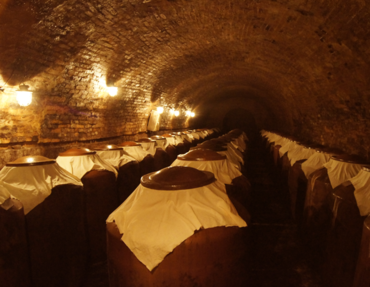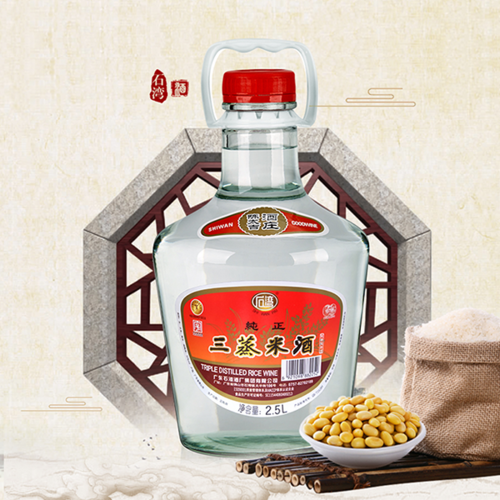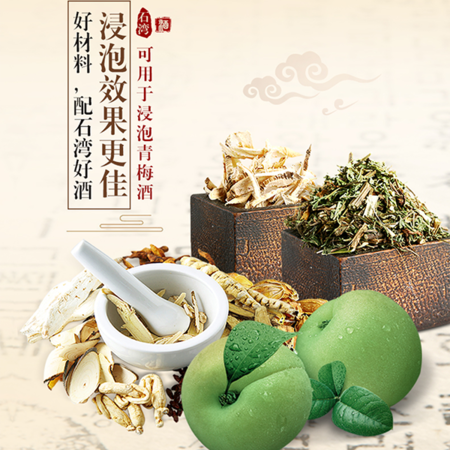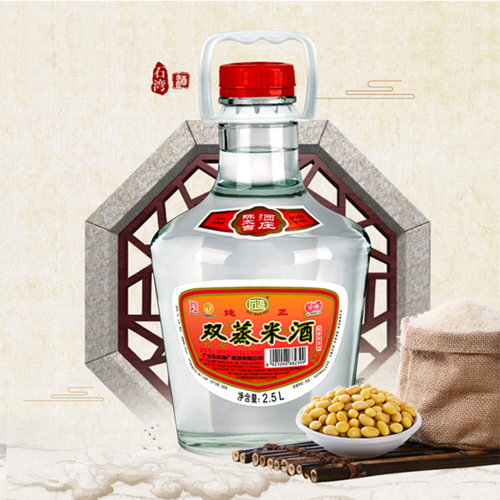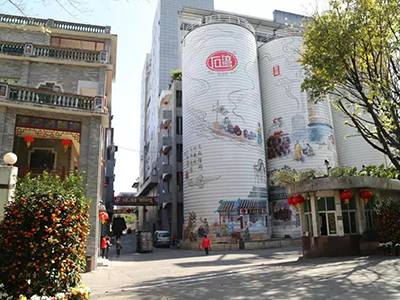How to Properly Store Guangdong Rice Cooking Wine to Maintain Freshness?
Guangdong rice cooking wine, a staple in many Asian kitchens, is known for its unique flavor and versatility in cooking. Proper storage is essential to maintain its quality and freshness after opening. Here are some detailed guidelines to help you store your Guangdong rice cooking wine effectively.
- Store in a cool, dark place
- Seal the bottle tightly
- Consider refrigeration
- Avoid strong odors
- Use proper containers
- Regularly check for spoilage
- Avoid freezing
Exposure to light and heat can significantly deteriorate the quality of rice wine. To maintain its optimal flavor, store the wine in a cool, dark place, such as a pantry or cupboard. This helps to protect it from harmful UV rays and temperature fluctuations that can affect its taste and potency.
Oxidation is one of the main factors that can spoil rice wine. After each use, ensure that the bottle is tightly sealed to prevent air from entering. This can be achieved using the original cap or a wine stopper. Limiting the wine's exposure to air helps to preserve its flavor and extend its shelf life.
While Guangdong rice cooking wine does not necessarily need to be refrigerated, storing it in the refrigerator can help to slow down the oxidation process and keep it fresh for a longer period. This is particularly useful if you do not use the wine frequently. Refrigeration can extend the wine's shelf life up to a year.
Rice wine can easily absorb surrounding odors, which can alter its taste. Store the wine away from strong-smelling substances to preserve its authentic flavor. This is especially important if you are storing it in the refrigerator alongside other food items.
If you have a large quantity of rice wine, consider transferring it into smaller, airtight containers. This reduces the frequency of opening the main bottle, thereby minimizing its exposure to air. Glass containers are ideal as they are inert and do not react with the wine.
Even with proper storage, it is important to regularly check the wine for signs of spoilage. Indicators that the rice wine has gone bad include a sour or unpleasant odor, a cloudy or discolored appearance, or the presence of mold. If any of these signs are present, it is best to discard the wine.
Freezing rice wine is not recommended as it can cause the wine to expand and potentially damage the container. Additionally, freezing can alter the texture and taste of the wine, affecting its quality.
Proper storage not only preserves the wine's quality but also enhances the taste of your culinary creations. By following these storage tips, you can ensure that your Guangdong rice cooking wine remains fresh and flavorful for an extended period.
- Store in a cool, dark place
- Seal the bottle tightly
- Consider refrigeration
- Avoid strong odors
- Use proper containers
- Regularly check for spoilage
- Avoid freezing
1. Store in a Cool, Dark Place
Exposure to light and heat can significantly deteriorate the quality of rice wine. To maintain its optimal flavor, store the wine in a cool, dark place, such as a pantry or cupboard. This helps to protect it from harmful UV rays and temperature fluctuations that can affect its taste and potency.
2. Seal the Bottle Tightly
Oxidation is one of the main factors that can spoil rice wine. After each use, ensure that the bottle is tightly sealed to prevent air from entering. This can be achieved using the original cap or a wine stopper. Limiting the wine's exposure to air helps to preserve its flavor and extend its shelf life.
3. Consider Refrigeration
While Guangdong rice cooking wine does not necessarily need to be refrigerated, storing it in the refrigerator can help to slow down the oxidation process and keep it fresh for a longer period. This is particularly useful if you do not use the wine frequently. Refrigeration can extend the wine's shelf life up to a year.
4. Avoid Strong Odors
Rice wine can easily absorb surrounding odors, which can alter its taste. Store the wine away from strong-smelling substances to preserve its authentic flavor. This is especially important if you are storing it in the refrigerator alongside other food items.
5. Use Proper Containers
If you have a large quantity of rice wine, consider transferring it into smaller, airtight containers. This reduces the frequency of opening the main bottle, thereby minimizing its exposure to air. Glass containers are ideal as they are inert and do not react with the wine.
6. Regularly Check for Spoilage
Even with proper storage, it is important to regularly check the wine for signs of spoilage. Indicators that the rice wine has gone bad include a sour or unpleasant odor, a cloudy or discolored appearance, or the presence of mold. If any of these signs are present, it is best to discard the wine.
7. Avoid Freezing
Freezing rice wine is not recommended as it can cause the wine to expand and potentially damage the container. Additionally, freezing can alter the texture and taste of the wine, affecting its quality.
Summary
Proper storage not only preserves the wine's quality but also enhances the taste of your culinary creations. By following these storage tips, you can ensure that your Guangdong rice cooking wine remains fresh and flavorful for an extended period.



